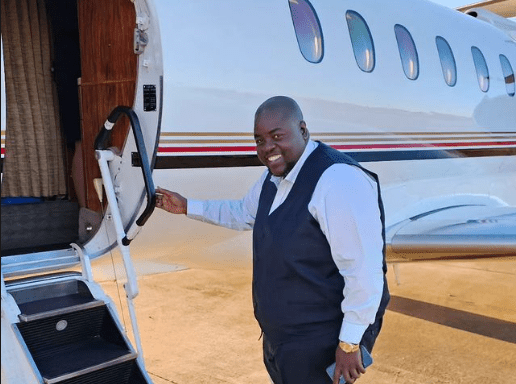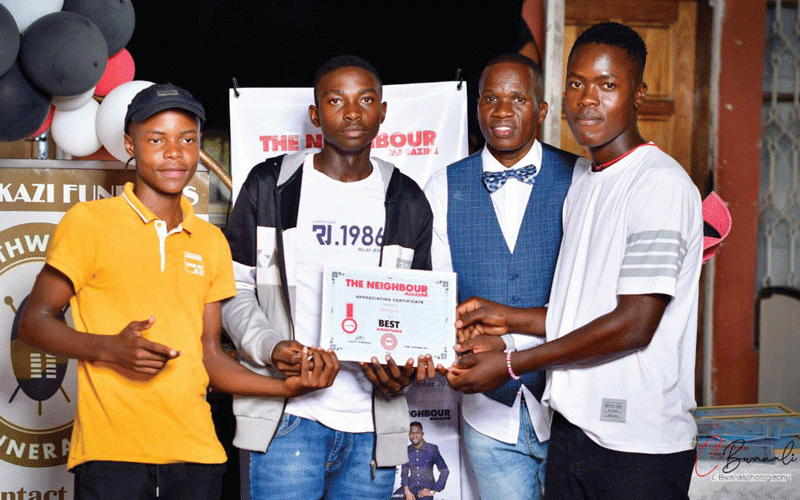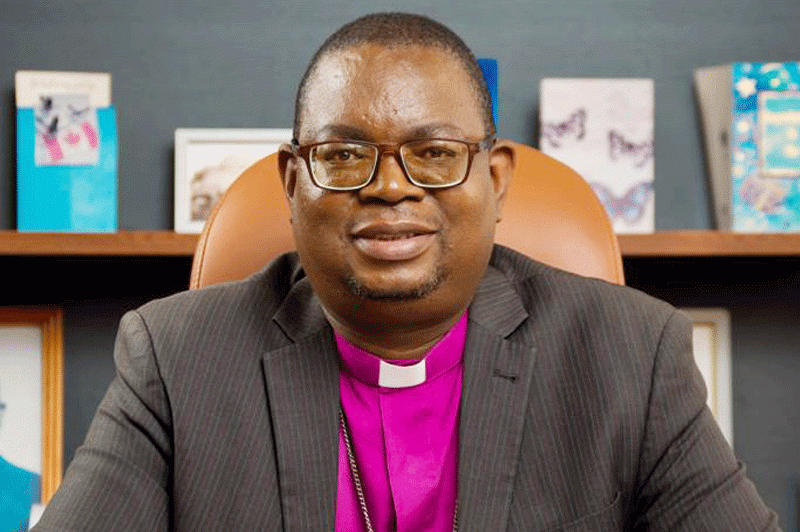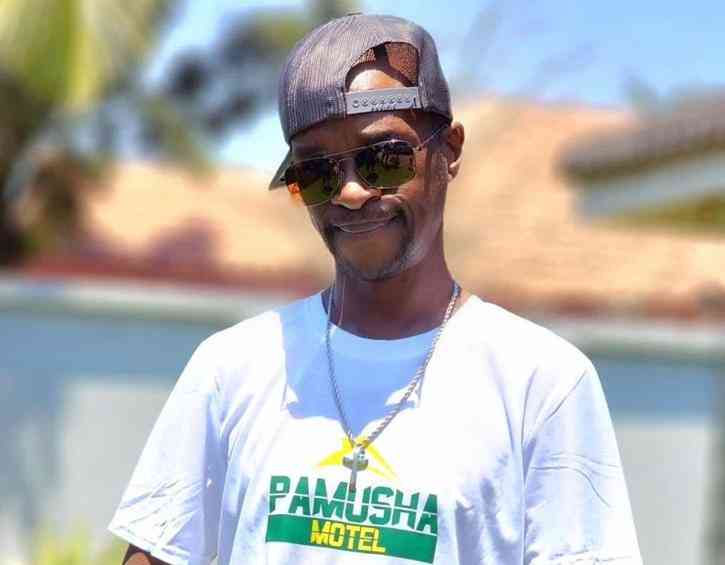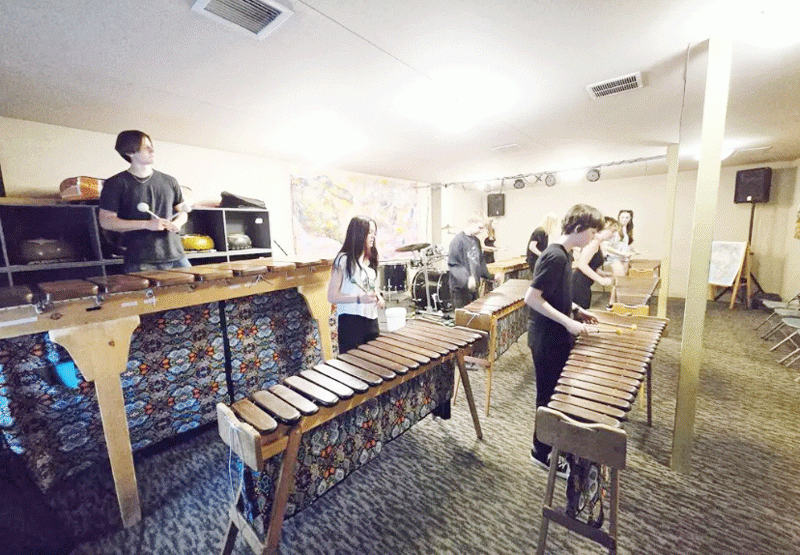
RANDY McIntosh grew up playing piano, embracing the cello, guitar, and electric guitar by the time he was a teenager.
When he went to college on a track scholarship, he thought he would work in a school district, teaching history or psychology or even coaching.
However, during his studies, he kept finding himself in the music building working on original compositions.
Ultimately, he transferred to Colorado State University, graduating in 1992 with a bachelor’s in music.
At this point, he found himself drawn to percussion music, particularly outside of the European classical music canon.
Soon after, he made friends also interested in percussion and started learning percussion instruments.
Another friend, Chris Zorn, studied at Naropa and focused on music from the African diaspora, specifically Zimbabwe.
In 1996, McIntosh graduated from the University of Colorado (CU) Boulder with a master’s in music composition.
- Kutandara: Teaching Zim music away from Zim
Keep Reading
He had worked on his doctorate at the same time Zorn was working on his own, an ethnomusicology degree also at CU.
By 1998, McIntosh was teaching multicultural music at Metropolitan State University.
He had taught classes at CU Boulder, Regis University, and the Colorado School of the Arts, among others, and as he continued focusing on teaching, he decided he wanted to master musical knowledge of a particular cultural area.
As he thought about what area to focus on, he also played in a marimba group. A woman in the group caught his eye.
That woman, Amy, had also been playing African instruments (particularly marimba and hosho) and had been studying African music since 1994.
The two connected, ultimately marrying in 2002 (Amy’s full name is now Amy Stewart McIntosh), and they focused on African music together.
Ultimately, after Zorn earned his doctorate, he moved to Hawaii.
Amy and Randy decided to continue their passion in Colorado, with Randy learning to compose in the style of African music he had learned from Zorn.
In 1999, Amy and Randy co-founded an organization of their own to continue teaching music from the African diaspora.
They called it Kutandara, a Zimbabwe term meaning “to come together and have fun”.
The two have now fully cemented their roles in the organisation Amy as the executive director, Randy as the artistic director, and both as instructors.
After Randy had been denied opportunities to teach African music, he could now teach through his own programme, which started in Lafayette.
After moving locations over the next few years as nearby tenants became tired of the constant music, Kutandara finally settled in their current Boulder location.
Kutandara has taught multiple groups over the last 25 years.
These groups include Kunaka (meaning “really good”), Takapenga (meaning “we are awesome”), and Shamwari (a Shona term for friend).
Currently, it teaches three primary groups.
The adult group, Kutandara, includes three different bands: Kutandara Kombi, or the “little” band, with three marimbas, electric mbira, drum set, hosho, guitar, and vocals; Kutandara Marimba, in which seven musicians play bass, baritone, tenor, alto, and soprano marimbas; and Kutandara Marimba Experience, which includes the seven-piece marimba orchestra, drum set, electric mbira, guitar, electric bass, and percussion.
Then, there’s the senior teen band Tanaka, loosely meaning “we have arrived”.
Finally, there’s the junior teen band Mhodzi, which means “seeds”, a shorthand method of conveying the idea of those members being the seeds of tomorrow.
Through these groups, Kutandara is dedicated to teaching people of all ages how to play music from the African diaspora, properly play a show, stay engaged the entire time, set up for a show, and get comfortable performing in front of an audience.
Randy, who always found himself nervous playing piano by himself, loves performing with these groups and seeing them bring the pieces to life every show.
While the programme still uses the name Kutandara, it was incorporated as a non-profit in 2017.
At that point, Amy and Randy dissolved Kutandara Centre as a legal entity and reformed it as the 501(c)(3) entity Moon and Stars Foundation, named after one of Randy’s most popular original compositions.
Over the years, Kutandara students have travelled to various places focused on African music, transitioning from visiting the Zimbabwe Music Festival (which Kutandara produced in Boulder in 2009) to Zimbabwe itself.
The organisation has been able to directly connect more with Zimbabwe, including meeting a local musician, Blessing “Coach Bled” Chimanga, on a 2017 trip to the country.
After being asked to produce the annual Kutandara fundraiser for three separate years, Blessing became the first visiting artist of the organization.
Coming to Colorado on a P visa in August of 2023, he now works day-to-day to teach various classes there, write music for the groups, and coach and produce their major concerts.
Blessing admires and respects the mission that Amy and Randy have created with Kutandara, and with the programme still going strong and working harder than ever to correctly represent the culture and musical stylings of Zimbabwe, the passion put into the programme is evident in every aspect of its operation. — The Mountain Ear

